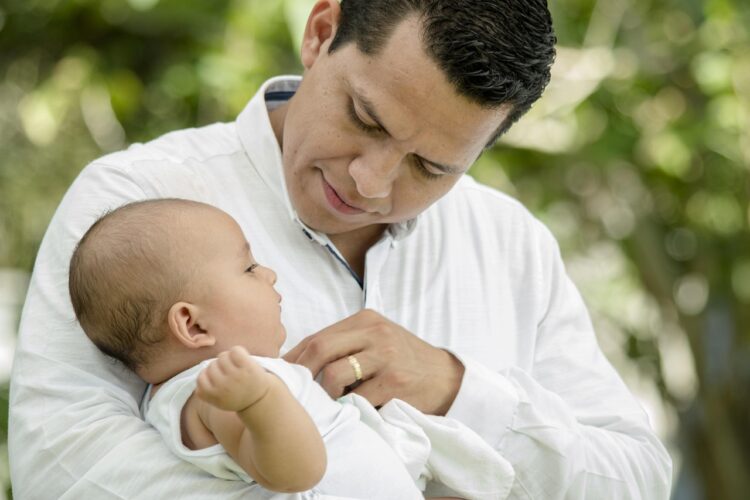
Childhood doesn’t stay behind when people become parents. The lessons, wounds, and fears of the past often resurface when raising children of their own. Trauma can shape the way love is expressed, discipline is handled, or trust is built at home. Many parents don’t realize they’re repeating what they once experienced. These patterns don’t mean they don’t love their kids. They simply show how deeply childhood still echoes in adulthood.
They Struggle With Patience
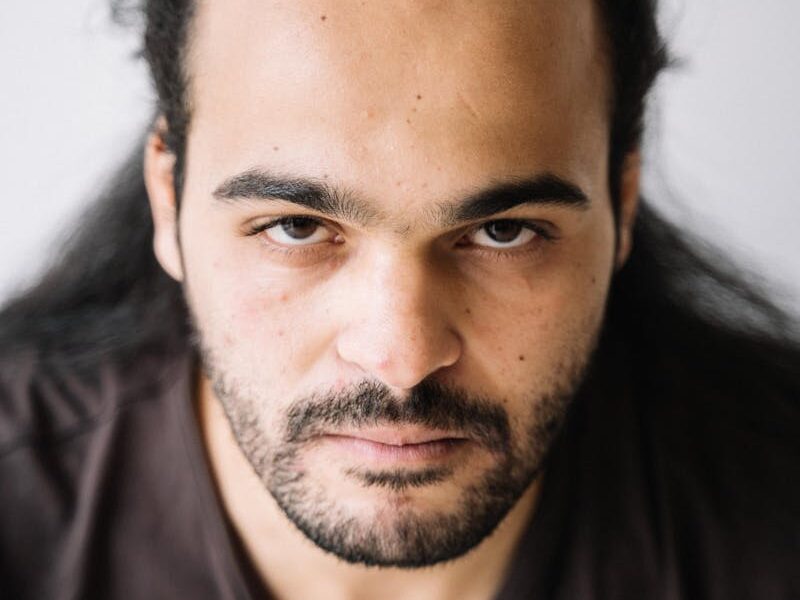
A parent who grew up in a home filled with tension often finds patience hard to hold on to. The little things hit heavier than they should. Instead of handling it calmly, frustration slips out fast. It’s rarely about the child in front of them. It’s the echo of old wounds reminding them that mistakes once came with fear.
They Overreact to Small Problems

Trauma often makes people hypersensitive to stress. A child forgetting homework or refusing to clean their room can spark a much bigger reaction than the situation calls for. Parents may later regret the intensity but struggle to stop it in the moment. Their reaction isn’t really about the mess or the homework. It’s about how deeply stress imprinted itself on them long ago.
They Avoid Conflict Altogether

Some parents swing the other way and avoid conflict at all costs. They give in to tantrums or hesitate to set boundaries because confrontation feels dangerous. Childhood trauma taught them that conflict meant pain or rejection. In parenting, that fear shows up as silence when firmness is needed. Avoiding conflict may feel safer, but it often leaves children confused and without clear guidance.
They Struggle to Show Affection

For parents who didn’t grow up receiving affection, showing it doesn’t come naturally. They love their children deeply but may freeze when it comes to hugs, comforting words, or gentle touches. It isn’t that they don’t care. It’s that no one modeled what healthy affection looked like. Trauma left a gap, and now they’re unsure how to fill it without feeling awkward or exposed.
They Become Overprotective
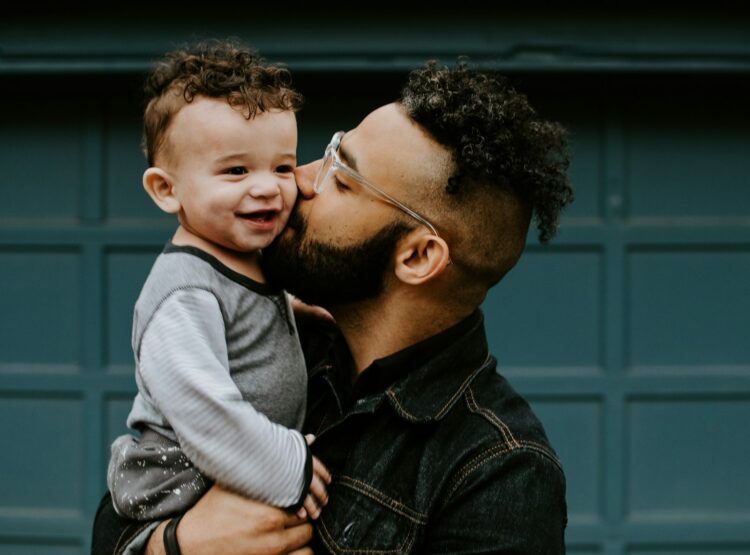
Parents who experienced chaos as children often overcompensate by trying to control every detail of their child’s life. They worry constantly, hover closely, and set limits tighter than needed. The fear behind it is real — they want to shield their child from pain. But overprotection can keep kids from learning independence. The parent isn’t trying to suffocate; they’re trying to create the safety they never had.
They Repeat Harsh Discipline
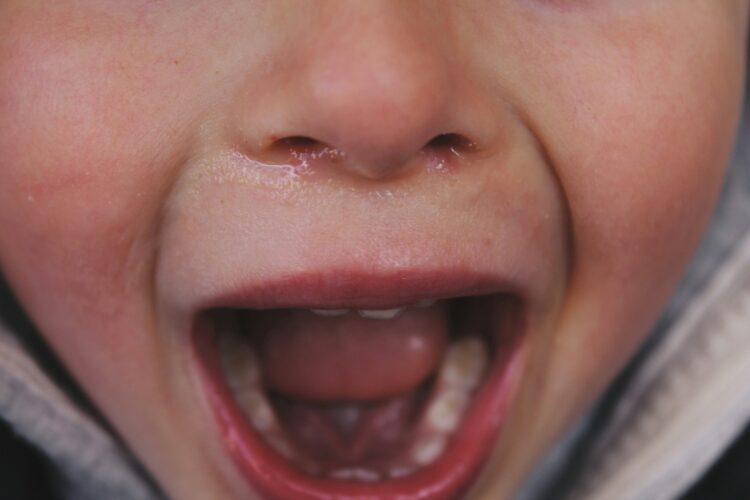
When punishment was the norm growing up, it can feel like the default response in parenting. Even if they swore they’d never be like their parents, stress may push them into repeating old patterns. Yelling, harsh words, or strict punishments come out before they even think. Trauma trained them to see discipline as correction through fear, and breaking that cycle takes conscious, difficult work.
They Struggle With Trust
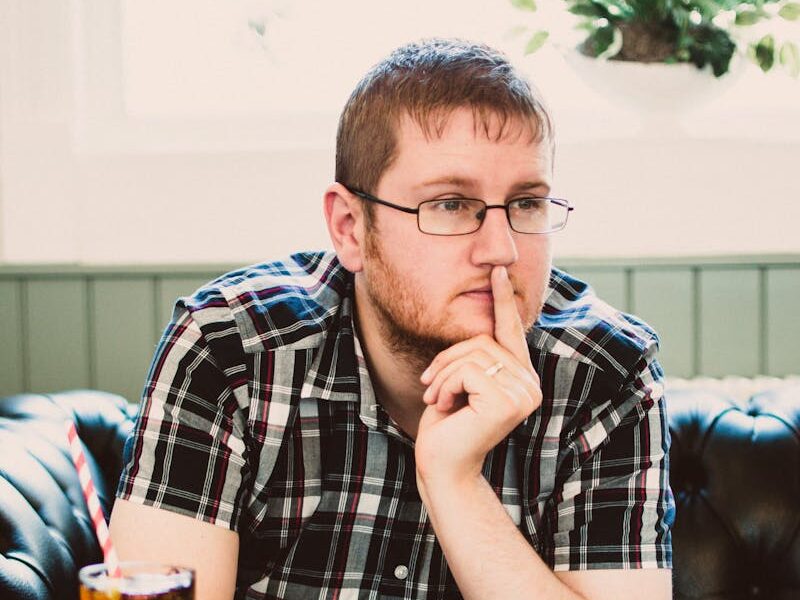
Parents with traumatic pasts often battle trust, even with their own children. They may question motives, assume dishonesty, or hover in ways that feel suffocating. The mistrust isn’t really about the child — it’s about a past filled with betrayal or broken promises. Until they heal, the line between healthy guidance and suspicion remains blurry, and their children can feel the weight of that doubt.
They Project Their Fears Onto Kids

Unhealed trauma often turns into fear projected onto the next generation. Parents may push children away from certain experiences, discourage risk, or insist on paths that feel “safer.” These restrictions aren’t about the child’s abilities but about the parent’s own fears. Childhood trauma left them hyper-aware of danger, so they try to prevent it by limiting freedom. The intention is love, but the effect can be stifling.
They Struggle to Apologize

Parents who grew up without hearing apologies often find it hard to give one themselves. Admitting fault feels unnatural, almost like weakness. So instead of saying sorry, they brush past conflicts or change the subject. Children notice the absence even if they can’t name it. What looks like pride is often unhealed pain. Learning to apologize becomes a hurdle when the world has never felt safe before.
They Carry Guilt Into Parenting
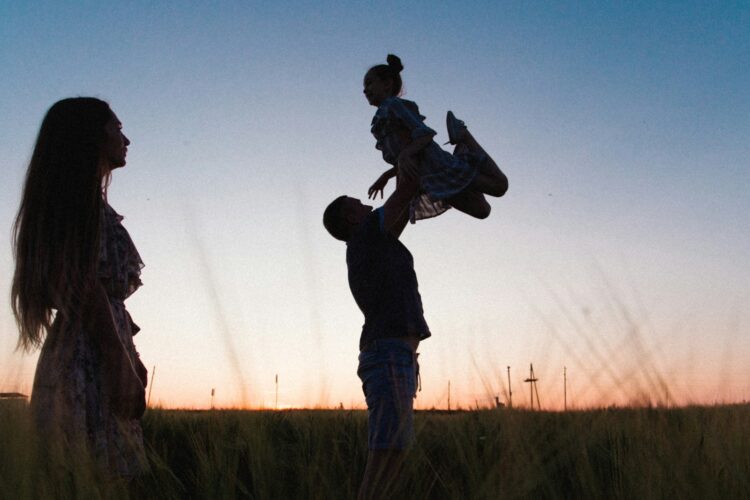
Parents with painful pasts often carry guilt that sticks to the smallest moments. They lose their temper after a long day and lie awake replaying it, sure they’ve done damage. Forgetting a school trip form or showing up late to a game feels like failure in their eyes. The child might bounce back quickly, but the parent doesn’t. Old wounds twist every slip into proof they’ll never be enough.
They Struggle to Be Consistent
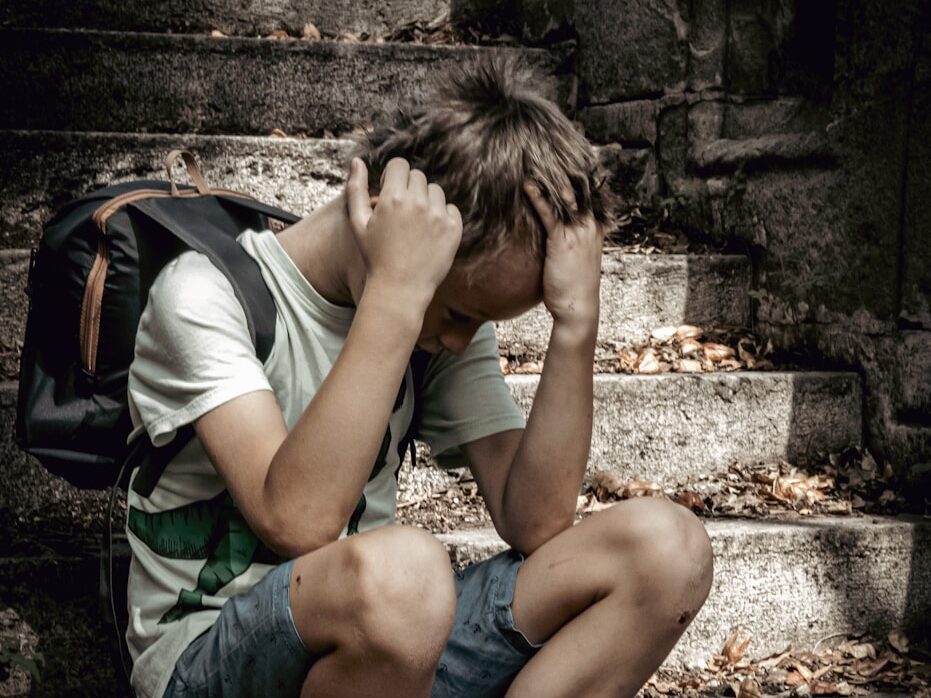
Trauma often means living in unpredictable environments as a child. That lack of stability makes consistency difficult later on. Parents may swing between strict rules and total leniency, depending on their mood. This inconsistency confuses children, who crave stability. The parent doesn’t intend to send mixed signals. It’s simply hard to model steadiness when it was never part of their own upbringing.
They Have Trouble Letting Go of Control

For some parents, control feels like safety. They plan every detail of the day, step in before problems unfold, or even try to manage emotions in the home. It doesn’t come from wanting power. It comes from fear — fear that chaos will return if they let go. To the child, it feels smothering. To the parent, it feels necessary. Letting go means wrestling with their own anxiety more than with their kids.
They Struggle to Stay Present

Trauma often pushes people into survival mode. Even in calm moments, their minds drift to what might go wrong. Parents stuck in this state may struggle to be fully present with their kids. Playtime feels rushed, and conversations feel distracted. The child senses the distance. It’s not a lack of love, but an inner voice always scanning for danger. Staying present becomes a daily battle against old wiring.
They Compare Themselves Constantly

Parents who grew up feeling they weren’t enough often can’t stop measuring themselves against others. They see a neighbor’s kids winning awards or scroll through family photos online and immediately wonder why they don’t measure up. Even on good days, that doubt gnaws quietly. Childhood tied worth to performance, and that belief never really left. So instead of feeling proud of what they are giving, they focus on what’s missing.
They Struggle With Boundaries
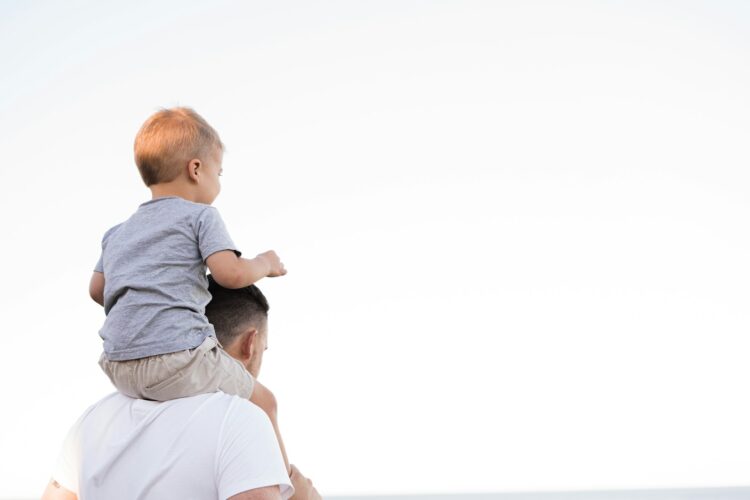
Some parents swing too far in one direction with boundaries. Either they set them too rigidly out of fear, or too loosely because they hate saying no. Both stem from childhood trauma. Strict or absent boundaries in their own past left them unsure of balance. Their children feel the effects, either boxed in or left drifting. The parent’s struggle isn’t from lack of care, but from wounds that blur the line.

